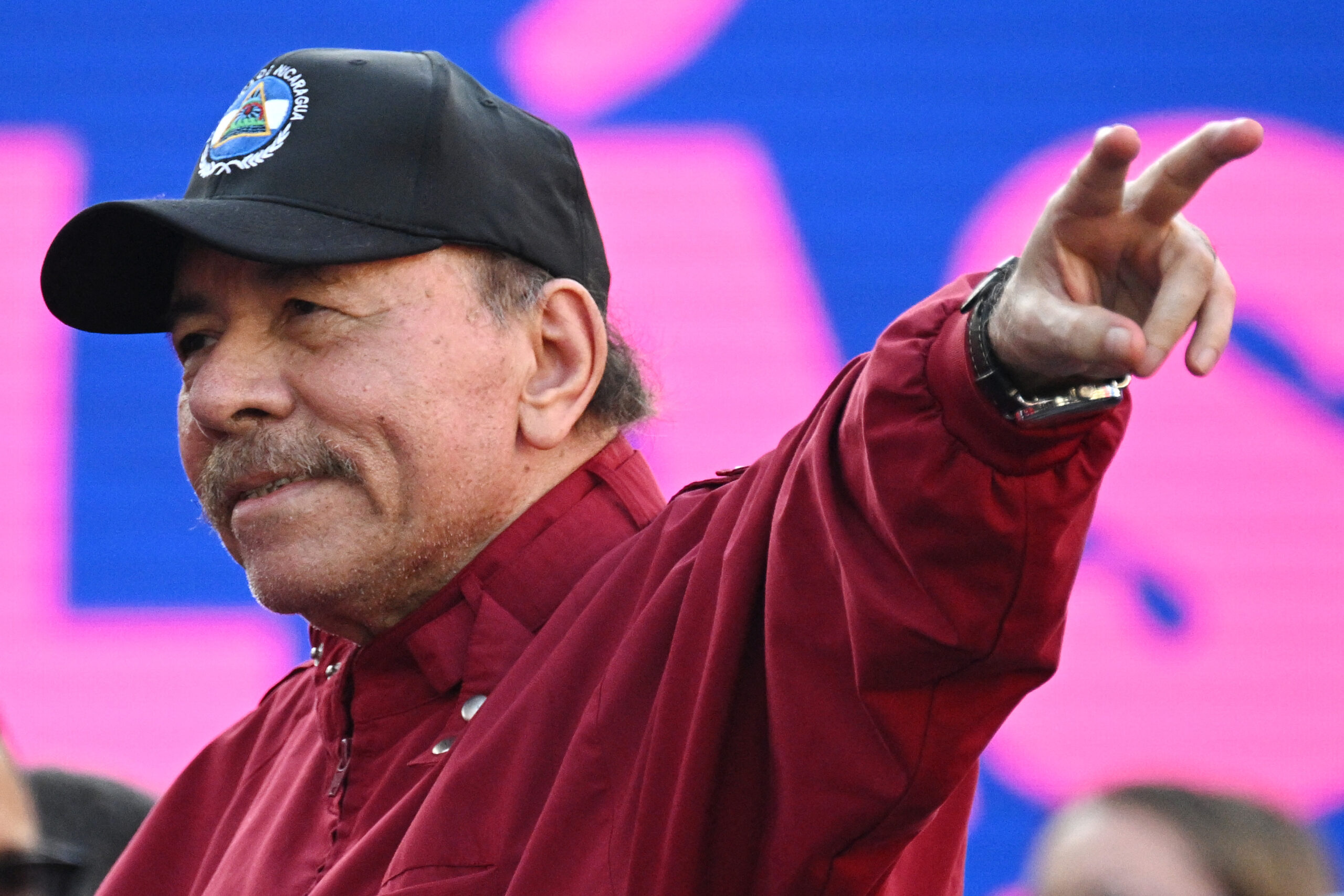- February 21, 2025
This Trump plan is actually a good one: revoking Nicaragua’s CAFTA trade perks

As Mauricio Claver-Carone, Trump’s recently appointed State Department special envoy to the Americas, told me in an interview, “there is complete agreement among all sectors of the U.S. government that it is ridiculous that Nicaragua continues to benefit from CAFTA, and that the United States continues to be its most important importing country.”
Nicaragua is the Central American country that benefits most from the 2004 agreement, economists say. The deal includes the United States, Costa Rica, the Dominican Republic, El Salvador, Guatemala, Honduras and Nicaragua.
Nicaragua’s suspension from the agreement would be a hard blow to leftist dictator Daniel Ortega, a close ally of Russia and Iran who by some measures is the most brutal autocrat in the region.
According to Human Rights Watch, more than 300 Nicaraguans were killed and 2,000 injured by police and paramilitary goons in anti-government protests in 2018, a huge number for a small country of only six million people.
Comparatively, it’s more than twice the number of people who were killed in Venezuela, a country of 32 million, in 2017 anti-government protests.
Asked whether a U.S.-Central American decision to suspend Nicaragua from the treaty would be a matter of months or years, Claver-Carone told me, “months, definitely months.” He added that the “process” of expelling Nicaragua is likely to start before the end of the year.
But a decision to expel Nicaragua from the treaty, or re-write the treaty in a way that would no longer benefit Nicaragua, will have to be made collectively by all remaining members of the group, Claver-Carone told me. “It’s hard work, but I think there’s a will to do it,” he said.
One of the reasons suspending Nicaragua is not an easy task is that Costa Rica and other Central American countries fear that an economic debacle in Nicaragua would unleash a new wave of Nicaraguan migrants to their countries.
Suspending Nicaragua’s preferential access to the U.S. market would be a big blow to the Nicaraguan economy, and to Ortega’s regime, economists say.
“It would have a devastating impact on Nicaragua,” Juan Sebastian Chamorro, an economist and former Nicaraguan presidential candidate who is now exiled in the United States, told me. “It would result in a significant decrease of Nicaragua’s exports.”
Without CAFTA’S duty-free access to the U.S. market, most of Nicaragua’s exports would no longer be competitive. The country’s exports of coffee, tobacco, sugar, textile and car wiring parts, among others, would be much more expensive to export to the United States than those from Honduras or El Salvador.
Nicaragua’s under-employment, currently at about 45% of the population, would jump to 55% if the country is suspended from the free trade agreement, Chamorro estimates. Ortega would pay a heavy political price for it, he said.
In Nicaragua’s case, Trump’s draconian trade measures are justified. There is no reason that the United States should subsidize Ortega’s regime with preferential trade conditions.
To be sure, most of Trump’s recent measures on Latin America are incredibly short-sighted and counter-productive.
Even the conservative Wall Street Journal has called Trump’s tariffs on Mexico and Canada the start of “the dumbest trade war in history.” Trump’s dismantling of the U.S. Agency for International Development (USAID) will deprive the Nicaraguan, Venezuelan and Cuban opposition of vital funds to keep human rights groups alive in those countries.
Diplomatic talks with fellow CAFTA member countries to kick out Nicaragua from the trade alliance may be one of the few — if not the only — Trump initiative in the region that makes sense. Let him go ahead with it.

